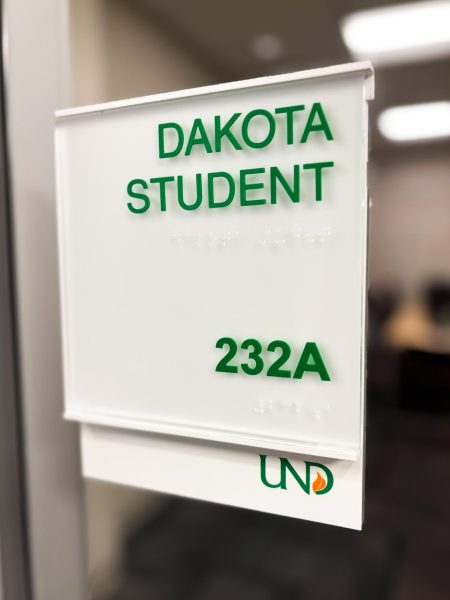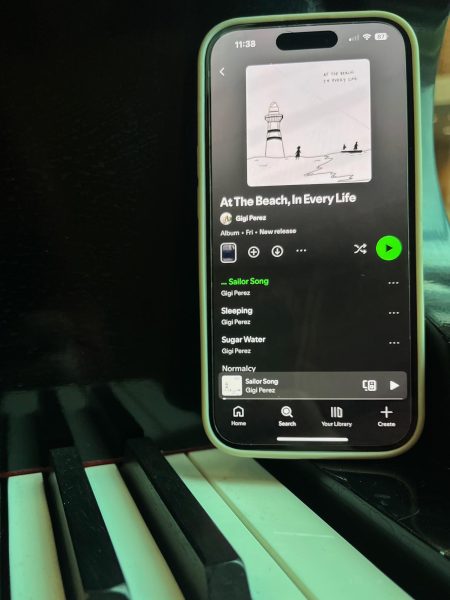Discovering Alan Smithee
If you watched the credits for the film “Hellraiser IV: Bloodline,” then you will recognize the name of director Alan Smithee. The story is the same for 77 other titles credited to him.
Alan Smithee was later revealed to be a pseudonym that directors would use when the final product of a film did not match their original vision for the film. This explains why Smithee continued to receive credits despite almost all of his 78 credits being awful.
The idea of the Alan Smithee pseudonym was first conceived for the film “Death of a Gunslinger,” when director Robert Totten was fired halfway through the filming, and Don Siegel was hired to replace him. Siegel felt, however, that the final cut of the film was not entirely his own work, and didn’t want to take credit for the parts of the film that had been directed by Totten.
He worked with the Director’s Guild of America and the conclusion was reached that the pseudonym Alan Smithee would be credited as the films director.
This allowed for many future directors to use the Smithee name to replace their names on films that were not very good. This is the case with “The Birds II: Land’s End,” the sequel to Alfred Hitchcock’s “The Birds,” that was directed by Rick Rosenthal.
But there is one case in this chain of events that is so bizarrely strange, that it led to the eventual discontinuation of the Alan Smithee pseudonym in 2000.
The film in question is “An Alan Smithee Film: Burn Hollywood Burn.” The film is about a director named Alan Smithee who wants to disown the film he is making, but can’t because of his name.
The film’s director Arthur Hiller didn’t like how the film turned out, so he decided to use the Alan Smithee credit.
This means there’s a film titled “An Alan Smithee Film: Burn Hollywood Burn,” that features a director named Alan Smithee trying to use the fake name to disown his movie, that was disowned by its own director who used the pseudonym Alan Smithee.
This raised some questions for me about how much a creator has the right to disown the work they are paid to do, because it was bad.
Can a director do a bad job on a film and never have the poor work credited to him? My initial answer was no — a director shouldn’t be allowed to distance themselves from their own shoddy work. But then I considered the fact that, at least in some cases, it wasn’t the directors fault — at least not entirely — the film ended up being the mess it was, and he shouldn’t necessarily be blamed and have to take credit for it.
Still, it’s amazing to think that Alan Smithee has more directing credits than Stanley Kubrick, the Coen Brothers, Steven Spielberg, Martin Scorsese and hundreds of other amazing directors.
Alex Bertsch is the opinion editor for The Dakota Student. He can be reached at alexander.j.bertsch@my.und.edu.






